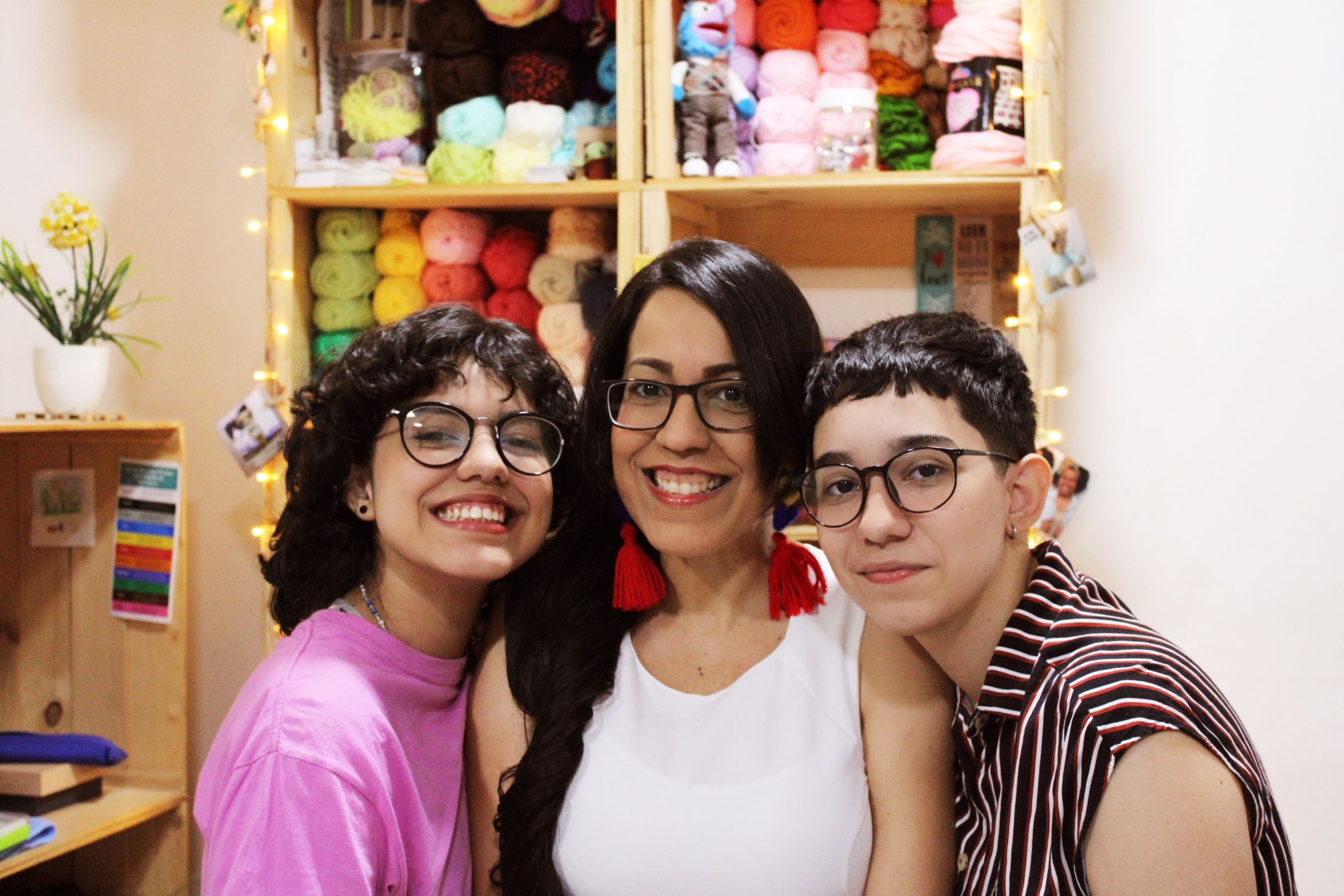Providing hope and opportunity in Colombia
Story

For many Venezuelans, relocating is the only choice.
Before migrating to Colombia, Roselin, a 40-year-old mother of two, remembers having to portion out a cup of water among herself and her daughters daily. Access to clean water was a luxury.
“We were struggling to survive,” she says.
Roselin made the tough decision to relocate her family due to the ongoing political conflict in her home country that has displaced millions of Venezuelans.
She knew this was the only option to provide a better life for her daughters and herself.
“We were no longer advancing, we were going backwards,” she says. “Without realizing, you find yourself becoming selfish because you have to survive and safeguard the little things that you have.”
For many families across Venezuela, this means dividing one plate of food among several family members, Roselin explains.
“My life got to the point where I was only looking for what to eat next or how to get clean water,” she says. “Eating two meals a day became a luxury, and I’m not talking about eating well, it was eating what there was.”
Most importantly, Roselin saw no hope or future for her two daughters, Natalie, twenty and Camila, 15.
As a migrant searching for work in Colombia, Roselin initially felt lost and discouraged. In Venezuela, she worked as a teacher but always had plans to start her own business. With assistance from Cuso International-led Sustainable Colombian Opportunities for Peacebuilding and Employment (SCOPE) program, Roselin was able to get the assistance she needed to launch her own craft business, M&M Diseno y Arte by Roselin.
In partnership with both public and private sectors, the program provides tangible solutions and opportunities for women, youth, victims of armed conflict, migrants, and underserved populations in Colombia with the skills they need to earn a decent living and contribute to their local economy. By focusing on gender equity and social inclusion, the project ensures all migrants are included in Colombia’s formal labour market.
Roselin now has the tools to provide for her family financially, and she has a renewed sense of confidence. Before attending business strengthening workshops, Roselin was struggling with motivation and found it challenging to accept the fact she could not return to Venezuela. “It is difficult to express the emotions of being a migrant and trying to remain calm when you have children,” Roselin says. “Emotionally I was going through a lot of feelings of defeat.”
Roselin explains how the workshops helped her deal with the migratory mourning she was feeling. The program helped Roselin develop a sense of belonging while also strengthening several of her business skills, especially in accounting.
Now, Roselin feels confident and wants to be involved in her new community.
“I volunteer in everything I can,” Roselin says, adding she is currently working on projects to help other migrants find work.
Roselin plans to continue growing her business and one day open a storefront near the Caribbean Coast.